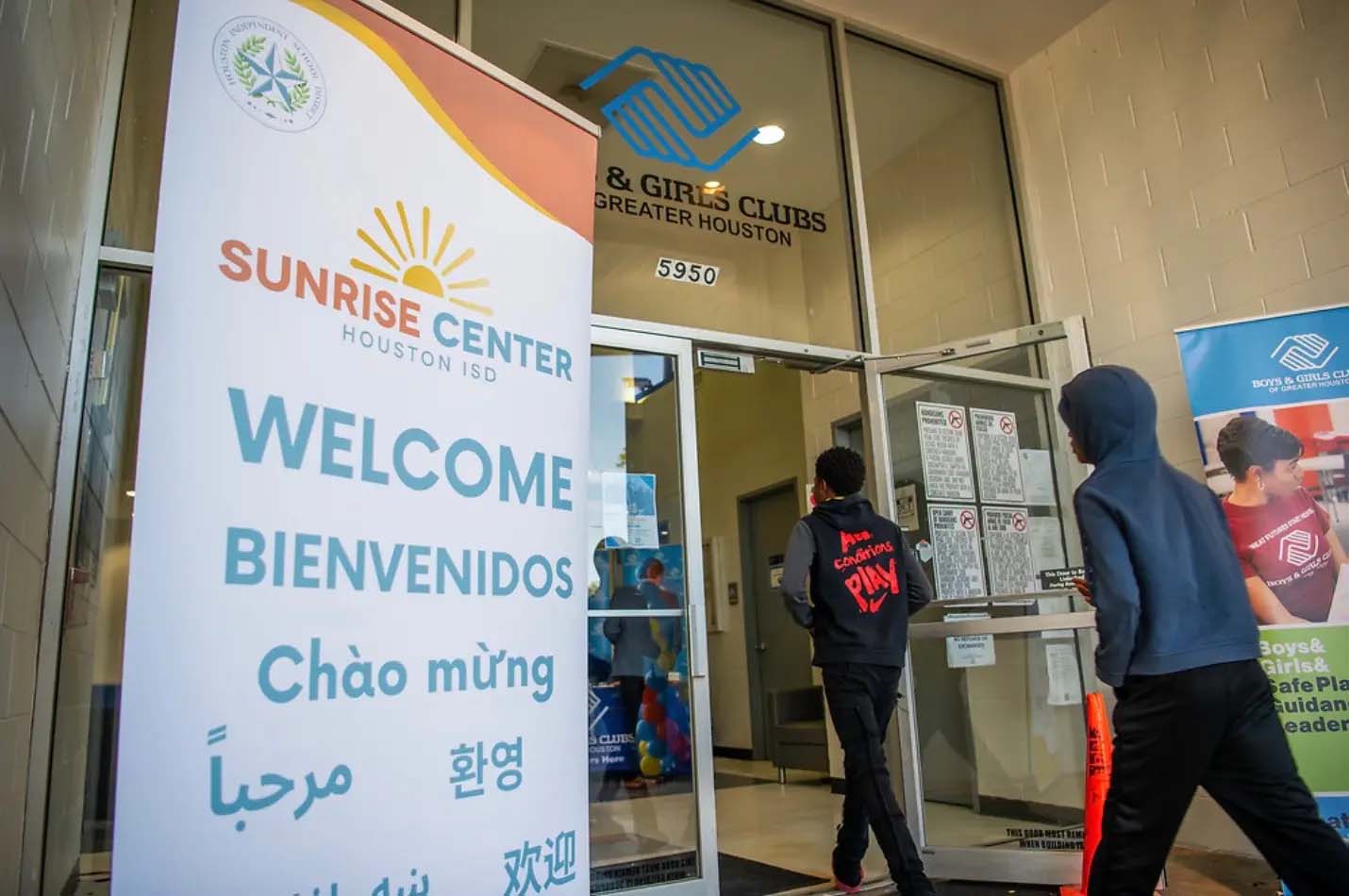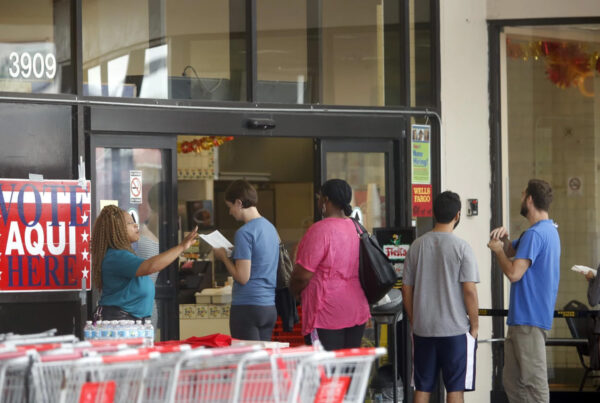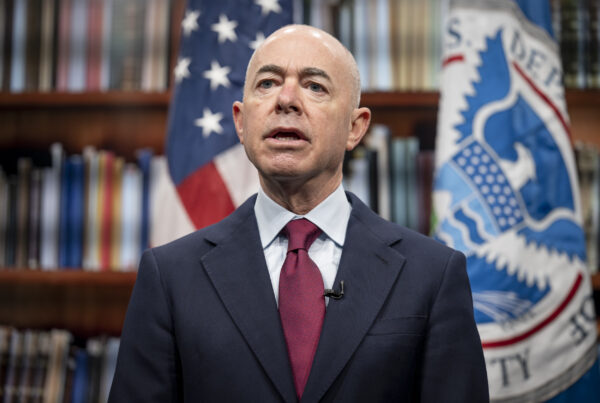From Houston Public Media:
Just west of downtown Houston, near the northern bank of the Buffalo Bayou, Alissa McCulloch is in recovery mode after a few years of bad luck. She and her two kids landed here, in a transitional housing apartment, last year.
“It’s very quiet,” she said. “It’s very secure. I like it. I’m used to the area … I know my city, you know, kind of like the back of my hand.”
In September 2022, McCulloch and her children lost their housing. She had taken lower-paying work that required less travel so she could be closer to her retired mother, and she was unable to afford expensive repairs after her landlord refused to address flood damage.
“There’s no way here in Houston … that I can make it with two children off of $10 an hour,” she said.
Her truck broke down, and she lost that job. The family moved to a hotel with help from a charity, then to this transitional apartment building in May towards the end of last school year. Fortunately, their apartment is within walking distance to almost everything her family needs — except for school.
That shouldn’t be a problem because, under federal law, families who don’t have permanent housing are entitled to transportation to and from school. With help from the Houston ISD Homeless Services Office, McCulloch’s kids had no problems with transportation last school year.
“Fast forward to August: My son did not get transportation until three weeks of being in school,” McCulloch said. “I was calling HISD — was calling actually the main numbers that I knew from previous months … and I’m not reaching anyone.”
There are fewer people to reach these days. According to information we obtained through a public records request, the number of staffers in Houston ISD’s Homeless Services Office has dropped dramatically. This time last year, there were 40 staffers. Now, there are 12.
“They were running around like chickens with their heads cut off because, you know, they don’t have any help,” McCulloch recalled. “I mean, I’m calling and I’m getting people saying, ‘I don’t know what department you’re talking about.’ I’m like, ‘Excuse me, I know I just spoke to these people just in April, in May, towards the end of the school year. How do you guys not know what I’m talking about?'”
This isn’t the only HISD office affected by changes under the state-appointed administration. The Wraparound Services Department also has a new mandate.















